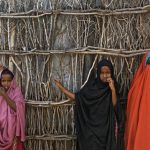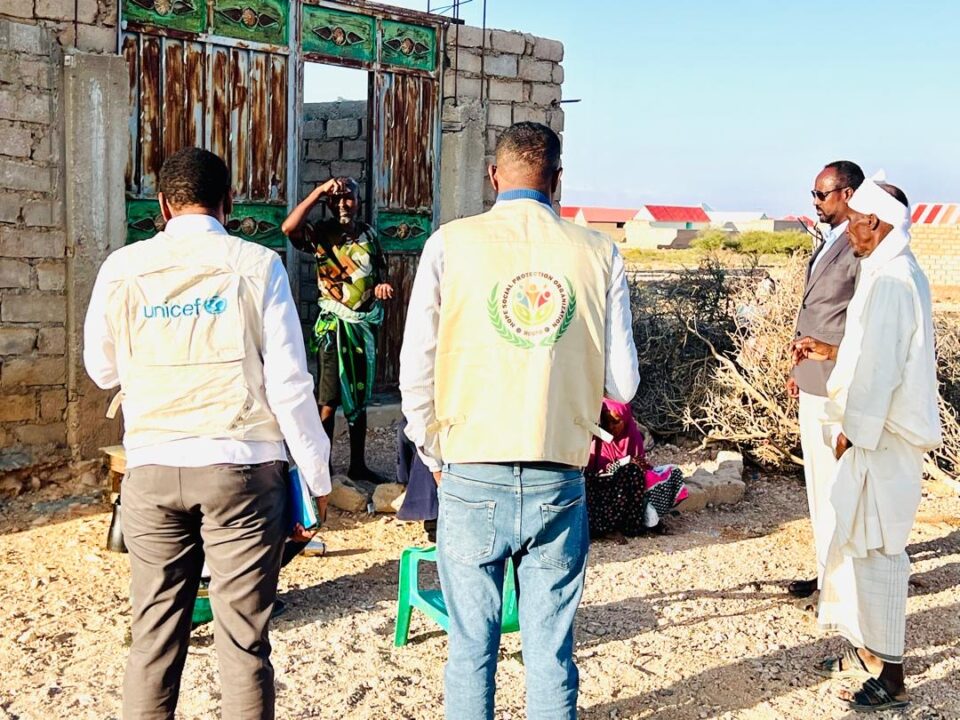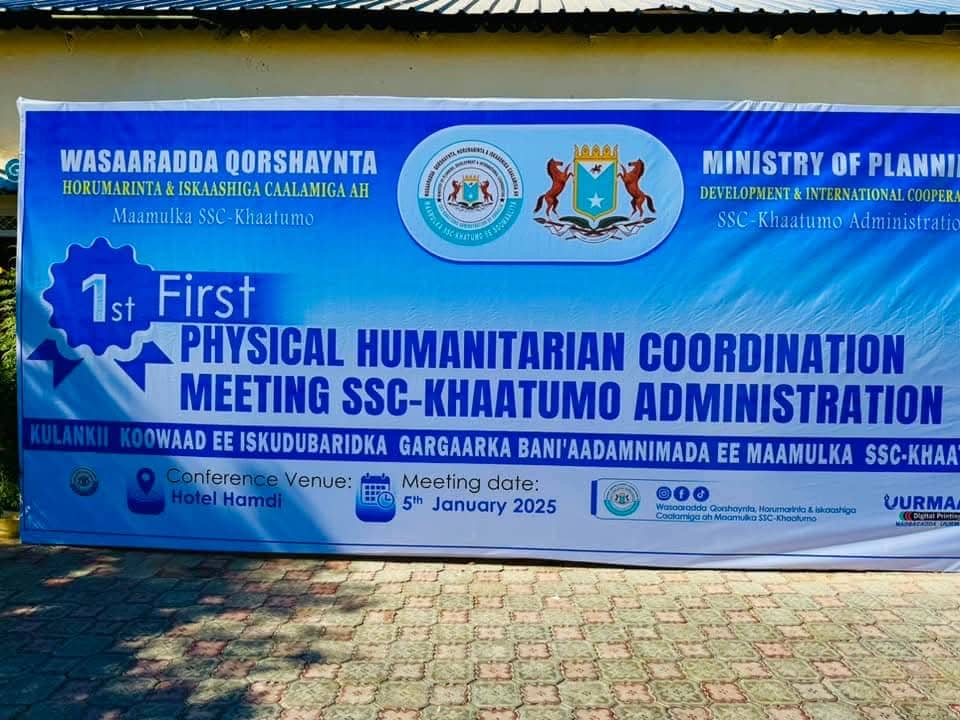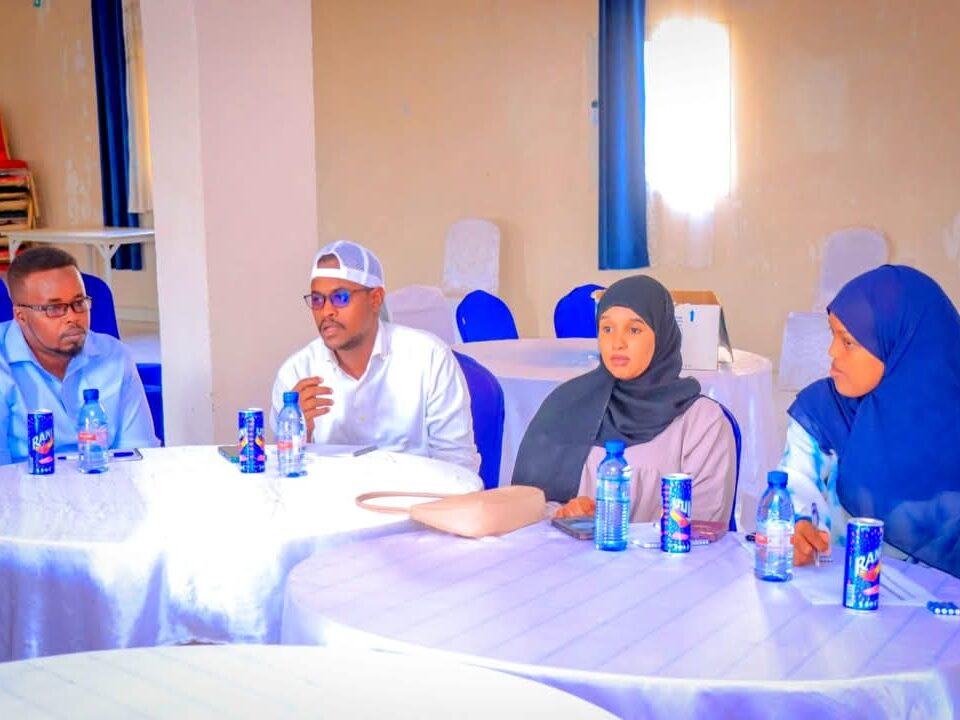
A Volunteer’s Perspective: Ending FGM in Somalia
September 20, 2024
Hospo Engage in Critical Discussions At World Humanitarian Day in Lasanod
October 23, 2024As an NGO worker on the ground in Somalia, I’ve come to understand that community mobilization is both essential and incredibly challenging. Our work relies on engaging communities, empowering individuals, and fostering collective action, but this process is often met with significant obstacles.
1. Cultural Sensitivity and Trust Building
Somalia has a rich cultural heritage, but traditions can sometimes conflict with the initiatives we promote, especially when tackling sensitive issues like gender equality, education, or health. Building trust with community leaders and residents takes time. Without their buy-in, even the best-planned projects can struggle to take root. Every conversation requires respect, patience, and an understanding of local customs and concerns.
2. Insecurity and Access
Security is an ever-present challenge. Many regions are difficult to reach due to ongoing conflict or instability, making it hard to maintain regular contact with communities. Travel restrictions, safety concerns, and shifting power dynamics can disrupt our efforts, delaying critical interventions and outreach activities.
3. Lack of Resources
Resource scarcity adds another layer of difficulty. Many communities in Somalia face severe poverty, lack of infrastructure, and limited access to basic services like healthcare and education. This means that even when communities are eager to engage, they often lack the means to sustain long-term projects without external support. Our challenge is to ensure initiatives are not only implemented but remain sustainable.
4. Misinformation and Resistance to Change
Misinformation, rumors, and fear of the unknown can slow progress. Sometimes, community members are hesitant to embrace new ideas or practices due to misconceptions or fear of change. For example, health programs or women’s rights initiatives can face resistance if not communicated effectively and inclusively.
5. Logistics and Communication
Somalia’s infrastructure is underdeveloped in many areas, making transportation and communication difficult. Reaching remote communities requires careful logistical planning, and staying in touch with local leaders and volunteers can be complicated due to unreliable phone or internet connections.
Moving Forward
Despite these challenges, community mobilization remains the key to driving sustainable change. By engaging communities, listening to their needs, and working alongside local leaders, we can create lasting impacts. It’s not easy, but step by step, we’re building a foundation for a stronger, more resilient Somalia.
Every day in this work reminds me that change takes time, but with persistence, trust, and collaboration, it’s possible. We are in this together, and together, we will continue pushing forward.




